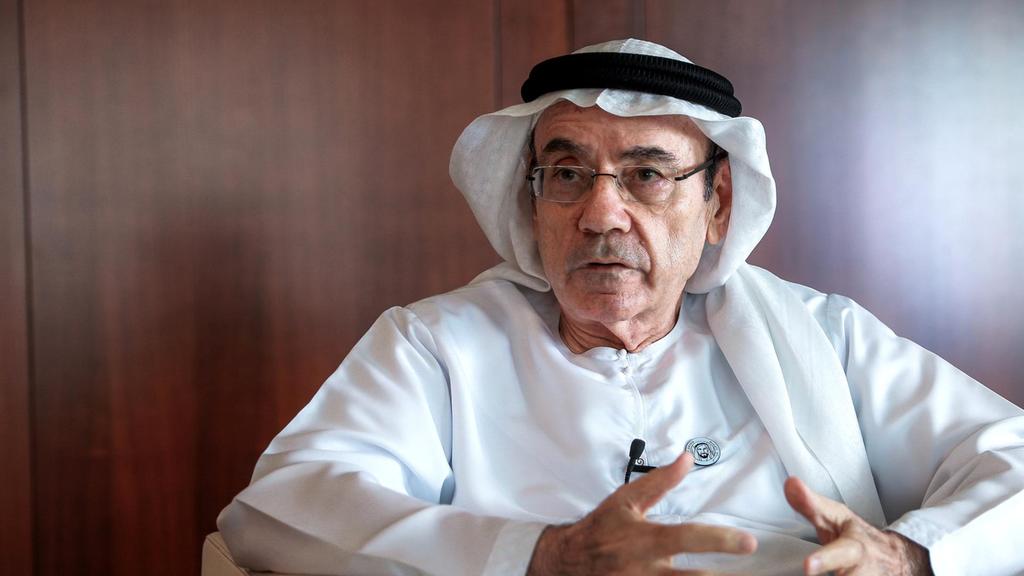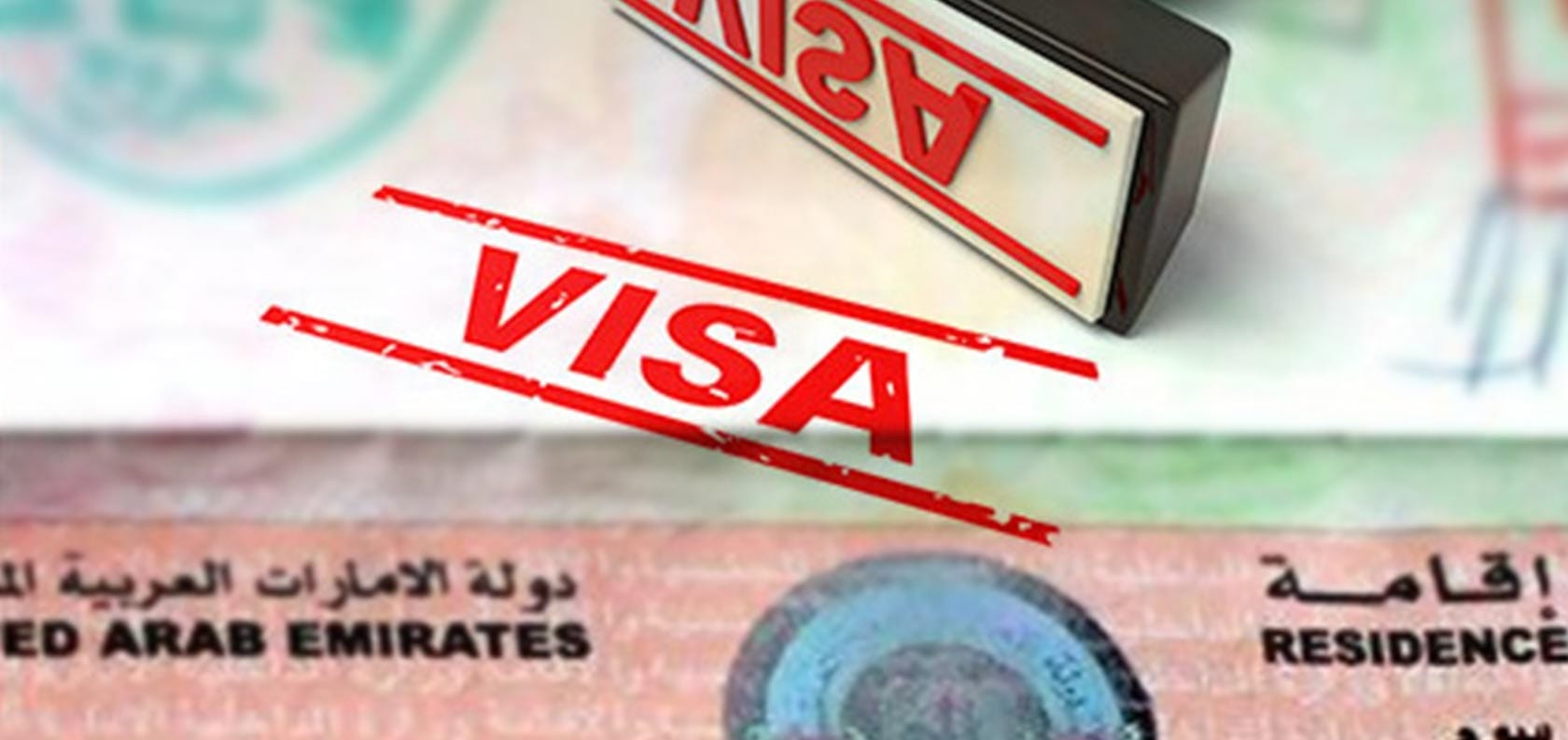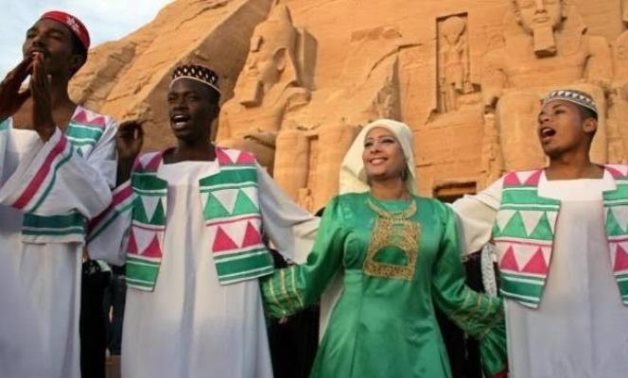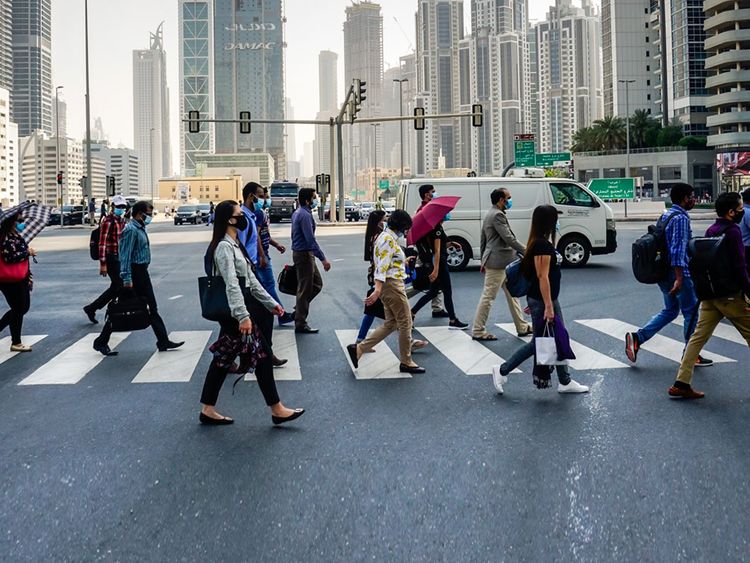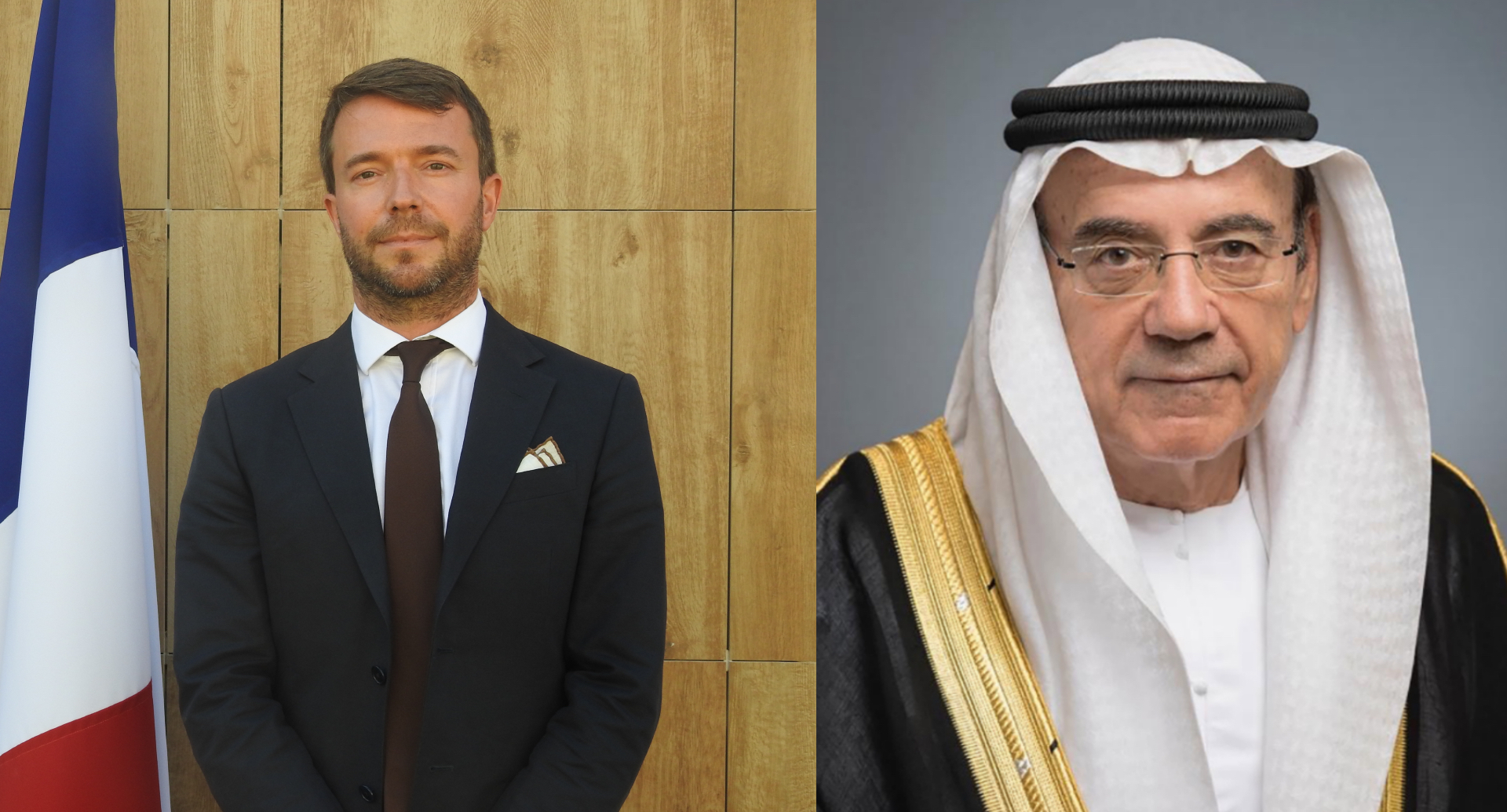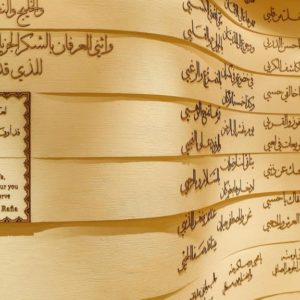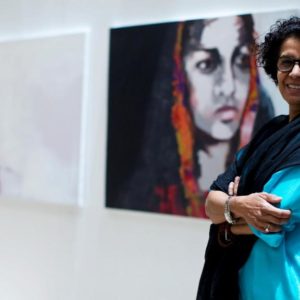Minister of State Zaki Nusseibeh on his new role as the head of the Office of Public and Cultural Diplomacy, the UAE diaspora, fluid identities and the power of art in an era of divisive identity politics
In the summer of 1969, a young Palestinian translator travelled to Switzerland with a sheikh from a remote desert oasis to build diplomatic relations for a state that did not yet exist.
The translator was Zaki Nusseibeh, who had arrived in the emirate of Abu Dhabi two years earlier after completing his studies at Cambridge and stayed when the Six-Day War broke out and he could not return to Jerusalem.
It was one of his first overseas missions with Sheikh Zayed, the recently appointed ruler of a wealthy sheikhdom who would go on to unite the seven coastal emirates and form the United Arab Emirates in 1971.
On that early visit to western Europe, the sheikh made an unusual request: that the Abu Dhabi delegation be accompanied by a traditional folklore band of drummers and singers. The sheikh knew culture would connect people with what was an unknown emirate.
Nearly 50 years later, Minister Nusseibeh continues the legacy of cultural diplomacy begun by Sheikh Zayed with this month’s launch of the Office of Public and Cultural Diplomacy under the Ministry of Foreign Affairs and International Co-operation.
“I lived through this and saw the way that he built relationships across the globe,” said Mr Nusseibeh, a Minister of State, during an exclusive interview with The National at his office in the Ministry of Foreign Affairs. “I remember that in the late sixties and in the early seventies the UAE did not really register in the regional forum or on the international scene. Yet within 10 or 15 years, the Emirates became know for what it’s known for today, because of these policies and of these deeply held humanitarian considerations and because of Sheikh Zayed’s love for people.”
